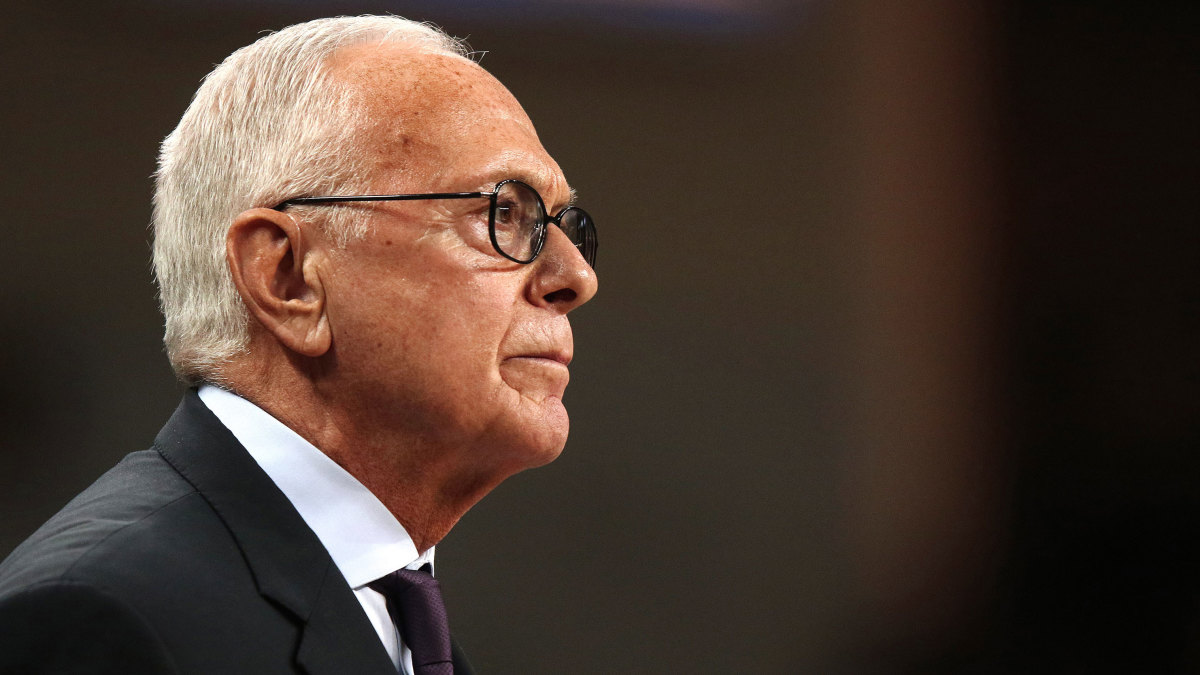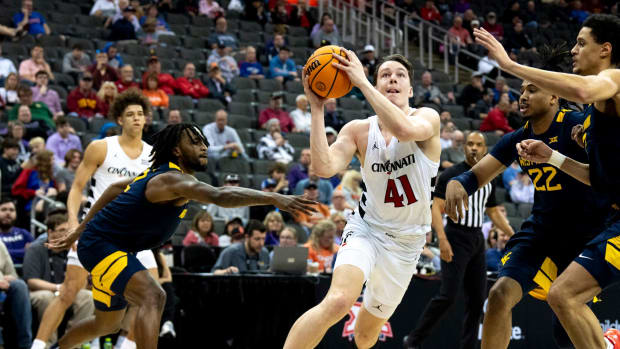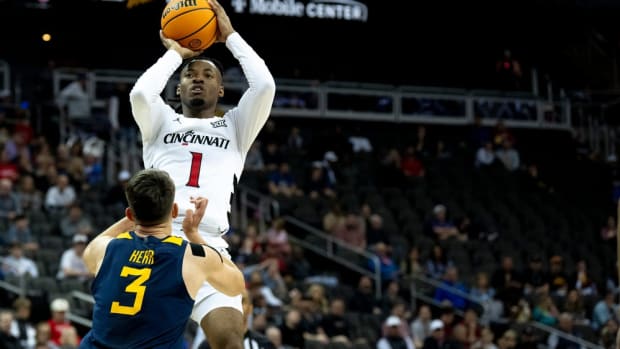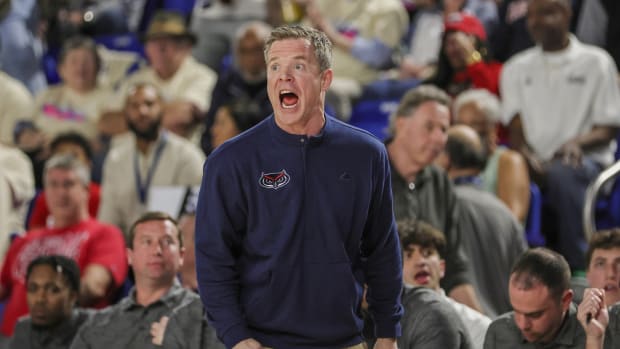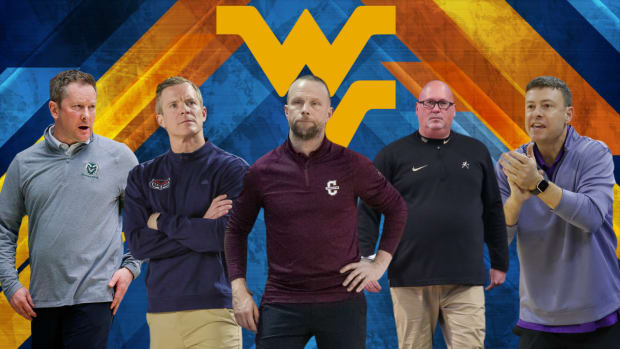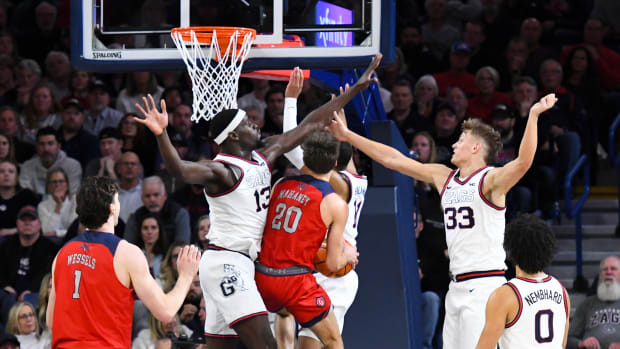SMU appealing some sanctions, will not appeal Brown suspension
SMU announced Friday it will appeal some of the sanctions imposed against its men’s basketball program in wake of the NCAA’s investigation into potential rules violations.
However, the school will not appeal the imposed 2016 postseason ban or the nine-game suspension for head coach Larry Brown.
“Although we regret the severe impact on our student-athletes, the simple fact is that the NCAA penalty structure mandates at minimum a one-year post-season ban for the level of misconduct that occurred, in our case, when a former staff member completed an online high school course for a prospective student-athlete, committing academic misconduct,” wrote SMU president R. Gerald Turner in a statement. “In addition, should we appeal this matter, the lengthy process and uncertainty during this period could harm many aspects of the program. Coach Brown and his staff also agree that it is in the best interests of the program to accept these sanctions and move forward.”
SMU will appeal the duration of the program’s scholarship losses and the duration of its imposed recruiting restrictions, in addition to the vacating of wins during the 2013-14 season. SMU is set to lose nine scholarships over the next three years.
The penalties, revealed Sept. 30, come as a result of of “lack of head coach control” and academic misconduct regarding the eligibility of guard Keith Frazier, who allegedly had assistance with coursework. Frazier was ruled academically illegible halfway through the 2014–15 season.
“The fact that NCAA violations happened on my watch is something that I regret and take very seriously,” Brown said in a statement. “I am committed to winning with integrity and we must—and we will—do better. While the decision to not appeal our post-season ban was made in the best interests of the program, I am truly disappointed for our student-athletes who are the most impacted by the penalties and who had nothing to do with the infractions. Our young men need your support now more than ever, and I am confident that the Mustang family will respond.”
This is SMU’s 10th major infractions case in program history. The school was also placed on three years’ probation.
- Jeremy Woo
